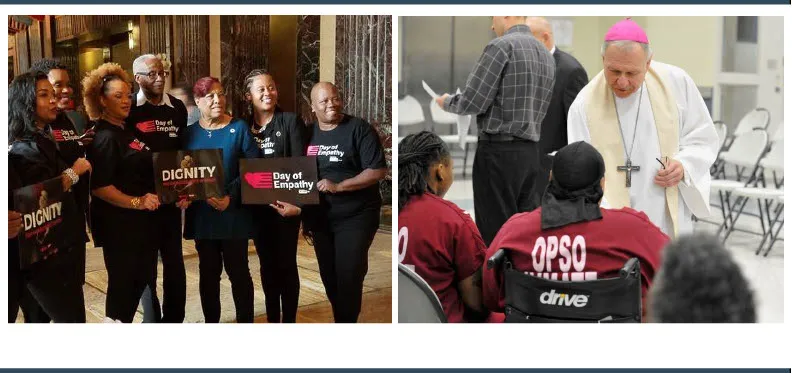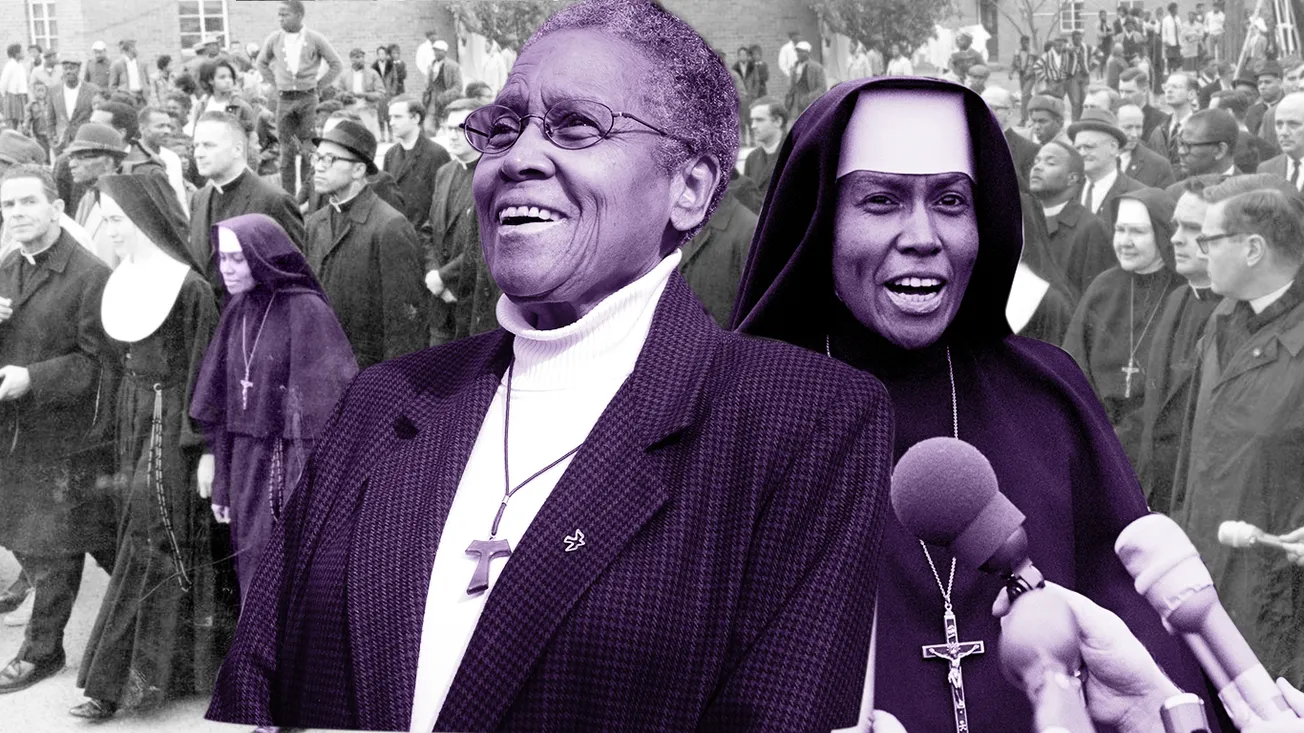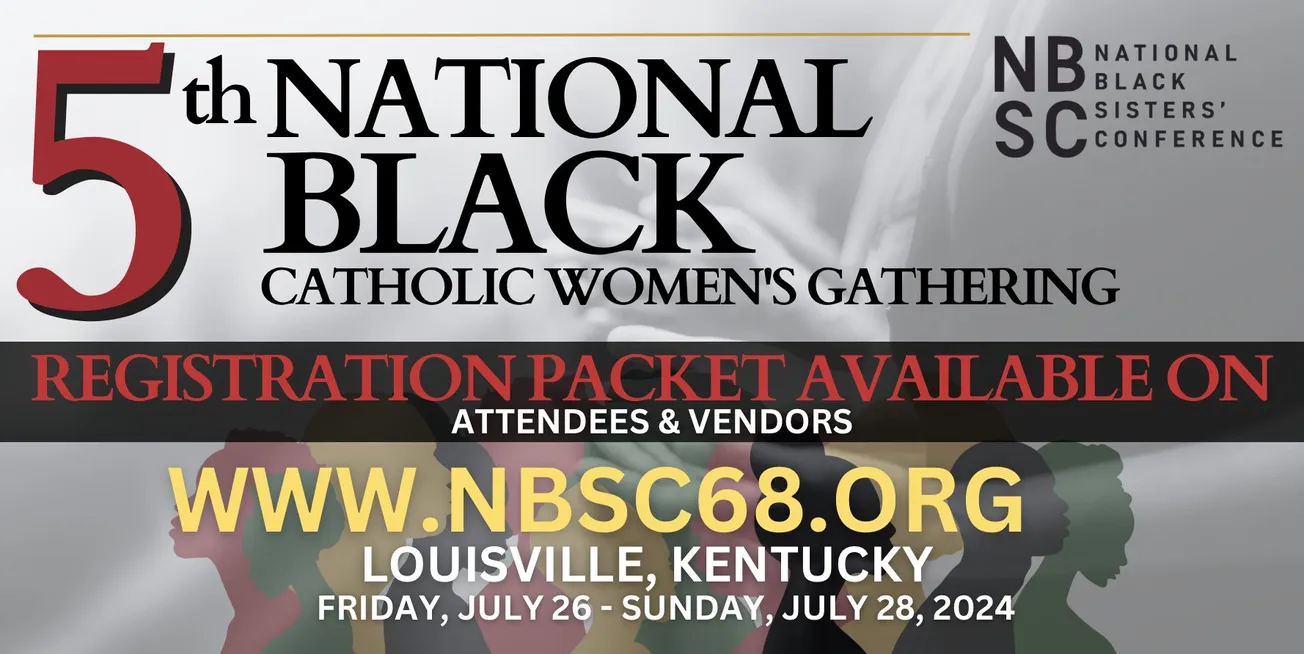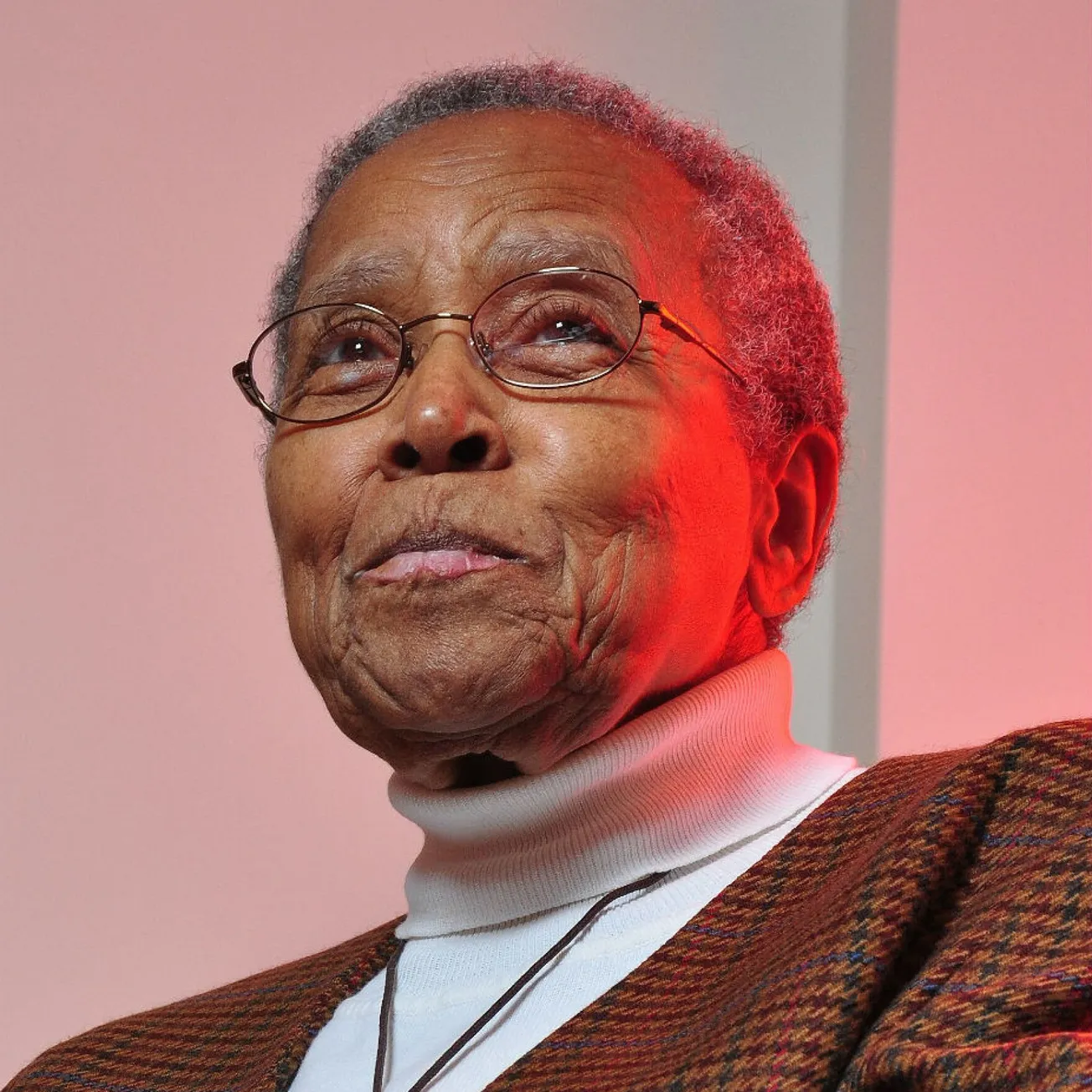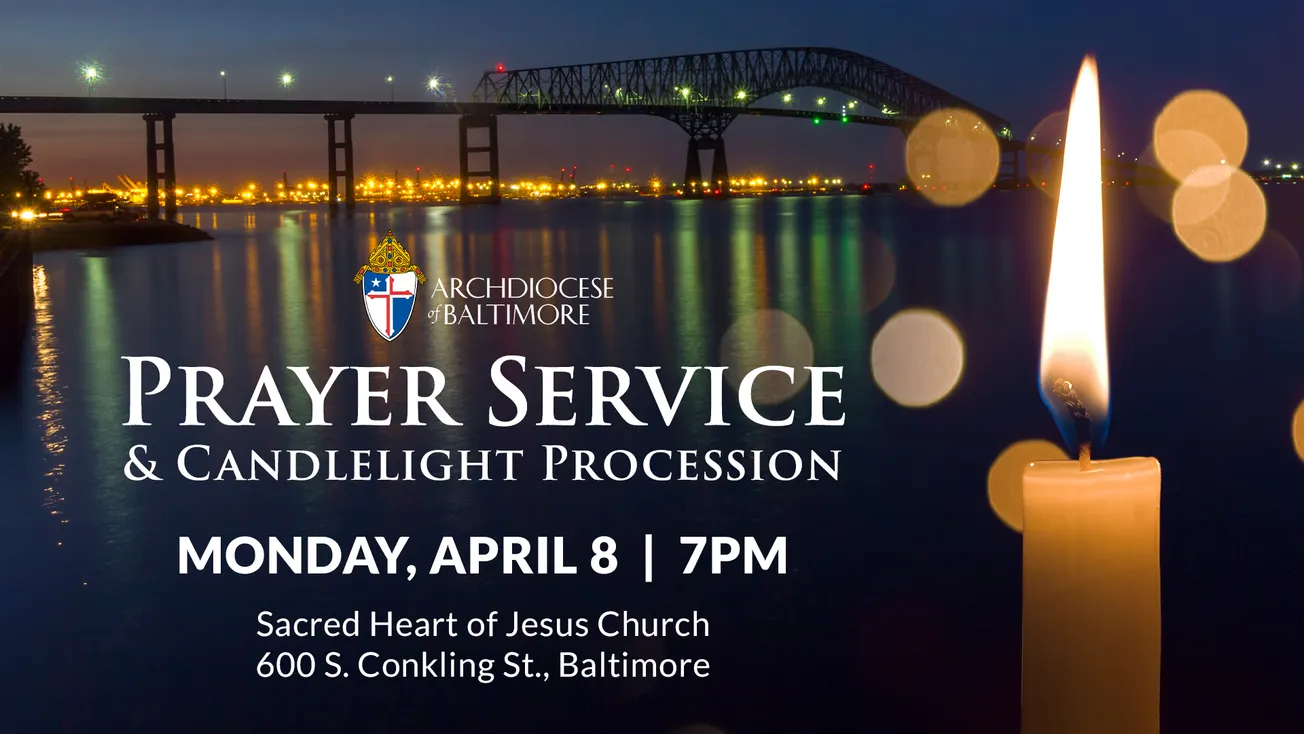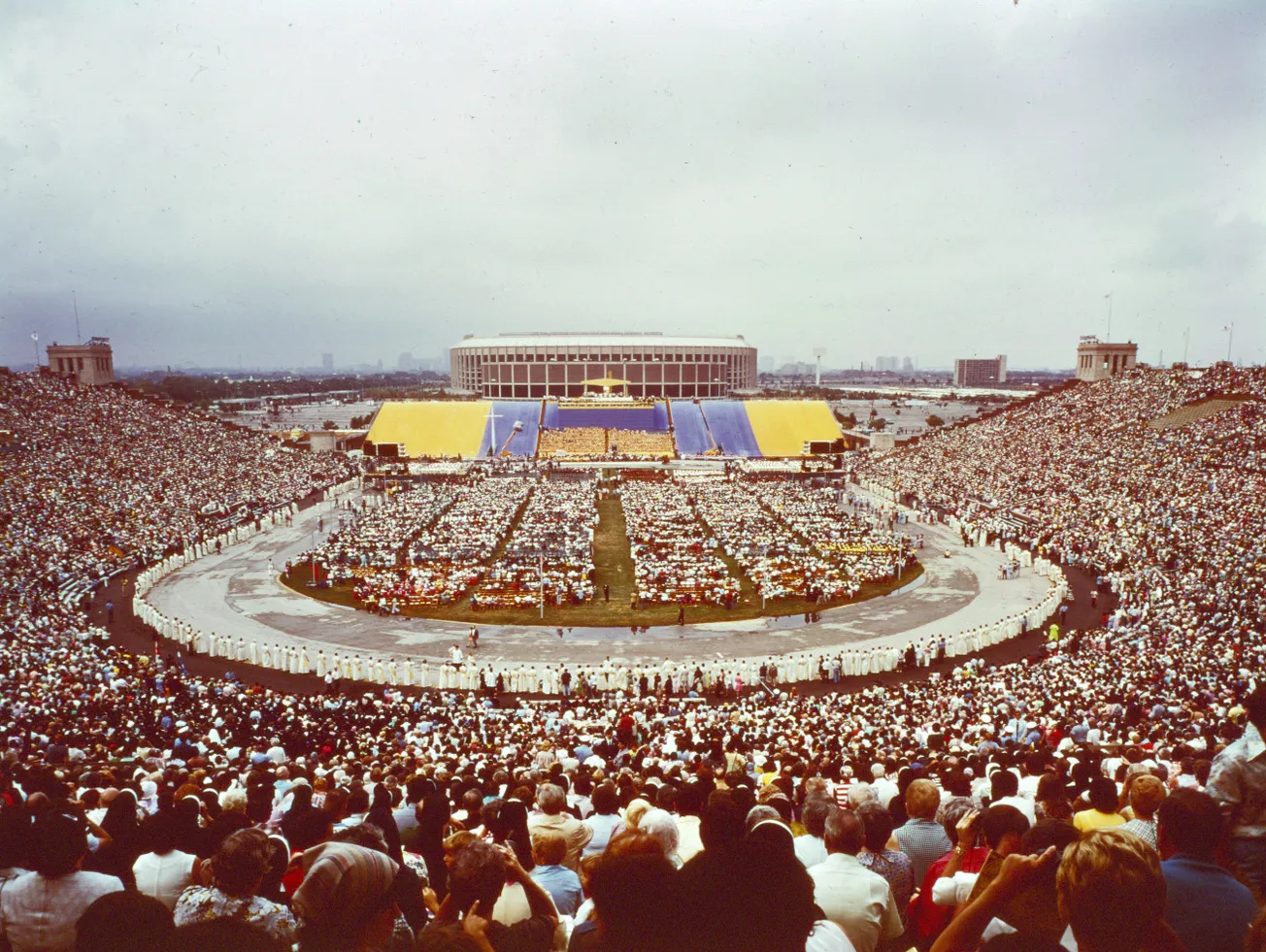Viewers descended virtually upon New Orleans for today’s “Symposium for Systemic Change”, an event covering various aspects of American society, including the social, judicial, and electoral spheres.
Sponsors for the event, held yearly, included the archdiocese, Catholic Charities New Orleans (CCANO), and the local Society of St Vincent de Paul.
The symposium began with a keynote from New Orleans Auxiliary Bishop Fernand J. Cheri III, OFM, a reproduction of the “Let the Church Roll On” address on racism he originally gave to the Conference of Major Superiors of Men last August.
In it, he reiterates the opening line of the 1968 inaugural statement of the National Black Catholic Clergy Caucus, which states that the Catholic Church is primarily a “White racist institution, has addressed itself primarily to White society and is definitely a part of that society.”
The second session was a panel on the death penalty, including longtime abolitionist Sister Helen Prejean, CSJ, and Emma Tacke, a community engagement director for the Catholic Mobilizing Network, an abolitionist apostolate.
The speakers championed the growth of the abolition movement in recent years, and were not shy about the discriminatory nature of capital punishment in the US. However, Sister Prejean argued that pro-death advocates are in fact “good people” who are simply ignorant about what the death penalty truly entails.
Dr. Jeff Benjamin of Dillard University joined Annie Phoenix of Operation Restoration on the second session, which was advertised as being on civic engagement, but coalesced specifically around the topic of incarceration.
The two activists discussed topics including discriminatory policies preventing the formerly incarcerated from attaining higher education, the elimination of cash bail, and the need for grassroots mobilization and voter education on these and other issues.
The final session, specifically on racism, featured organizers working to address it in New Orleans housing, entrepreneurship, the environment, and workers’ rights. One of them, Stesha Cintron, works with the New Orleans Worker’s Center for Racial Justice (NOWCRJ).
Notably, Cintron was the only visible Black speaker in the symposium besides Bishop Cheri. However, this was at least partially due to technical issues, as at least two other Black NOWCRJ representatives were present to speak for the final session, but the maximum capacity for simultaneous panelists was 6.
(One of the slots was taken by a dummy account displaying an event graphic. Ironically, two White speakers eventually logged out in order for more NOWCRJ reps to join.)
Two Black NOWCRJ representatives besides Cintron were listed on the event flier for the session, as was a Black representative from Mission Reconcile (a faith-based interracialist group), but none appeared in the actual event.
No Black speakers other than Bishop Cheri and Dr. Benjamin were listed on the event website itself.
Moreover, although all of the symposium’s sessions addressed racism (and the official titles of the keynote and third session mentioned it explicitly), its archdiocesan and social media marketing—including the official flier—omitted all references to the term.
(I informed organizers of this discrepancy earlier this week, but a later edit to the flier—removing Archbishop Gregory Aymond’s name from the session on the death penalty—did not correct it.)
Learn more about justice issues at this year's Symposium for Systemic Change tomorrow, Jan 15, 9am-12:30pm. Speakers include Keynote speaker Bishop Fernand Cheri OFM, Michael Cahoon, Dr. Jeff Benjamin from Dillard, & more!
— cathcharitiesNO (@cathcharitiesNO) January 14, 2021
Register today: https://t.co/QwVdQ89ZYb #Followtheheart pic.twitter.com/3Y32WiwWJz
Nate Tinner-Williams is co-founder of Black Catholic Messenger, a priesthood applicant with the Josephites, and a ThM student with the Institute for Black Catholic Studies at Xavier University of Louisiana (XULA).


